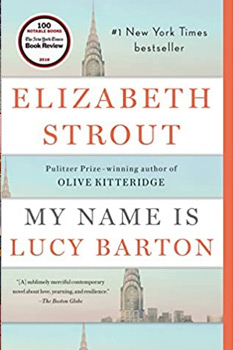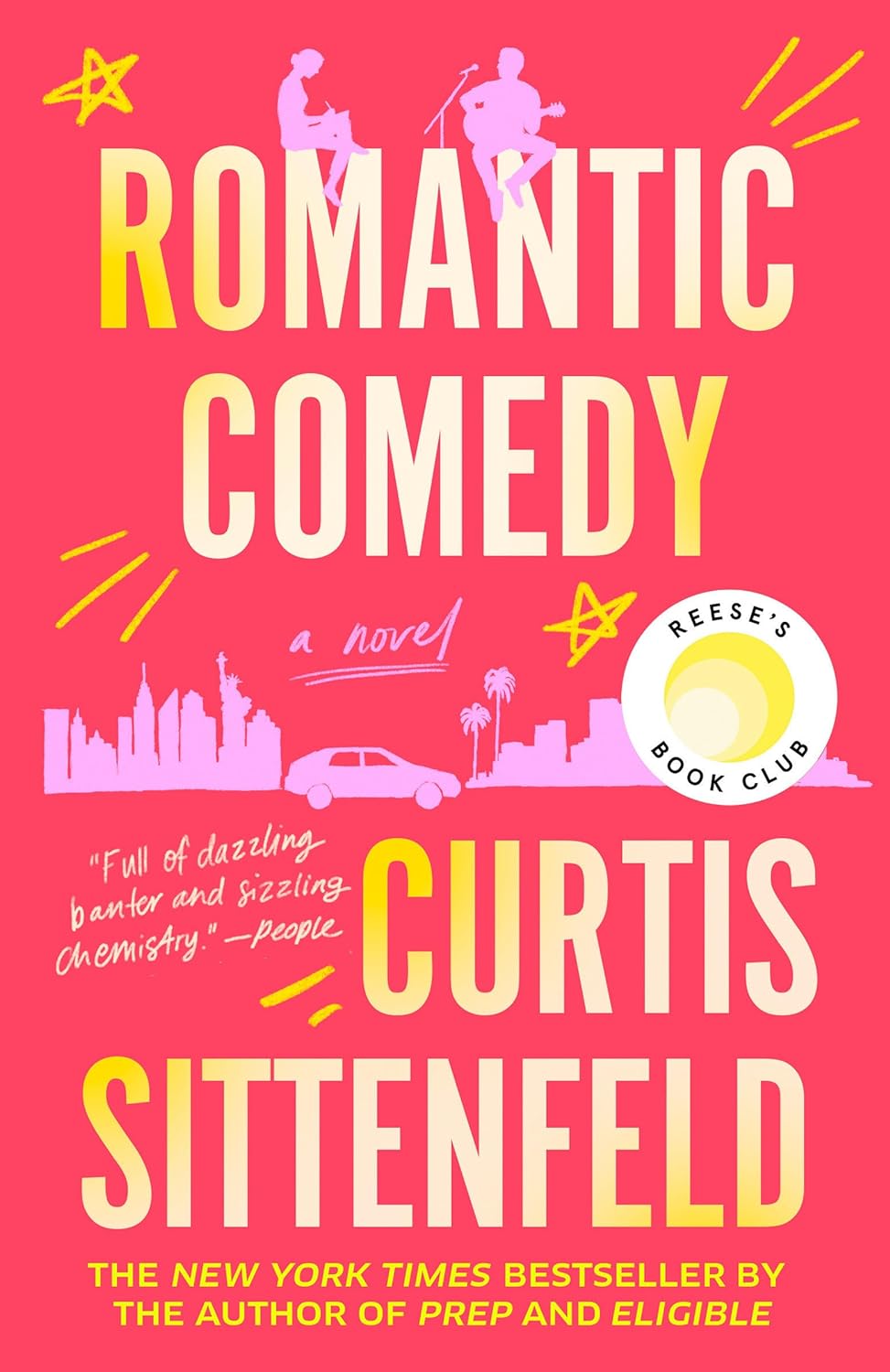Summary | Excerpt | Reading Guide | Reviews | Beyond the book | Read-Alikes | Genres & Themes | Author Bio

Amgash Series #1
by Elizabeth StroutThis is Lucy Barton's story. She will tell you that she came from nothing; she even told her mother once that her family was "trash." At the time, she was in a hospital bed for many weeks from complications after an appendectomy but, of course, this made her mother angry. Later, Lucy Barton learned something important about how judgmental this sounded, when she attended a creative writing workshop. There she learned "we never know, and never would know, what it would be like to understand another person fully. It seems a simple thought, but as I get older I see more and more that she had to tell us that."
Despite Lucy Barton's view on the matter, it seems to me that Elizabeth Strout's latest novel intends to reveal her protagonist to readers as fully as possible; and this enigmatic situation is what makes the novel so fascinating. To do this, a large part of this past tense, first-person narrated story focuses on Lucy's recollections surrounding the five days her mother stayed with her in the hospital. From this, we get glimpses into Lucy's past, both through her own eyes as well as through her mother's stories. Lucy also looks back on other parts of her life that happened many years after the hospital stay. Thus we get a complete outline of Lucy's life in a scant 200 pages. It is as if we're catching up with a good friend whom we know really well, but haven't been in touch with for a long time.
Strout echoes the contrasting elements of knowing and not knowing someone throughout. For example, Lucy's mother seems cold and distant, and can never say, "I love you" to anyone. Yet she has a loving nickname for Lucy, and comes (uncharacteristically by plane) to sit at her daughter's bedside. Lucy often speaks of how much she loves her mother, but pointedly tells her this at very precise times, more in hopes of getting a reaction out of her, than simply wanting to express her feelings. What impressed me about this was how realistic the relationship feels. It is filled with the types of nuances and contradictions that we probably only see through hindsight or deep introspection.
Strout's genius is to pack so much rich emotion into such a short work, and to do so with simple, uncomplicated language – something that, in my opinion, few authors are able to achieve. It is very possible, of course, that her expertise in writing short stories contributes heavily to this (as demonstrated by her Pulitzer Prize-winning collection Olive Kittredge). It is extremely difficult to review a book that is this perfectly succinct, filled with such deftly composed and controlled sentiment, which belies all this by feeling charming and effortless. My Name Is Lucy Barton is so carefully constructed, and each layer revealed with such delicacy, reading it feels like being an archaeologist uncovering an extremely fragile artifact.
![]() This review was originally published in The BookBrowse Review in January 2016, and has been updated for the
October 2016 edition.
Click here to go to this issue.
This review was originally published in The BookBrowse Review in January 2016, and has been updated for the
October 2016 edition.
Click here to go to this issue.

If you liked My Name Is Lucy Barton, try these:

by Curtis Sittenfeld
Published 2024
A comedy writer thinks she's sworn off love, until a dreamy pop star flips the script on all her assumptions—a hilarious, observant, and deeply tender novel from the New York Times bestselling author of Eligible, Rodham, and Prep.

by Susie Boyt
Published 2023
Love and Missed is a whip-smart, incisive, and mordantly witty novel about love's gains and missteps. British writer Susie Boyt's seventh novel, and the first to be published in the United States, is a triumph.
Your guide toexceptional books
BookBrowse seeks out and recommends the best in contemporary fiction and nonfiction—books that not only engage and entertain but also deepen our understanding of ourselves and the world around us.